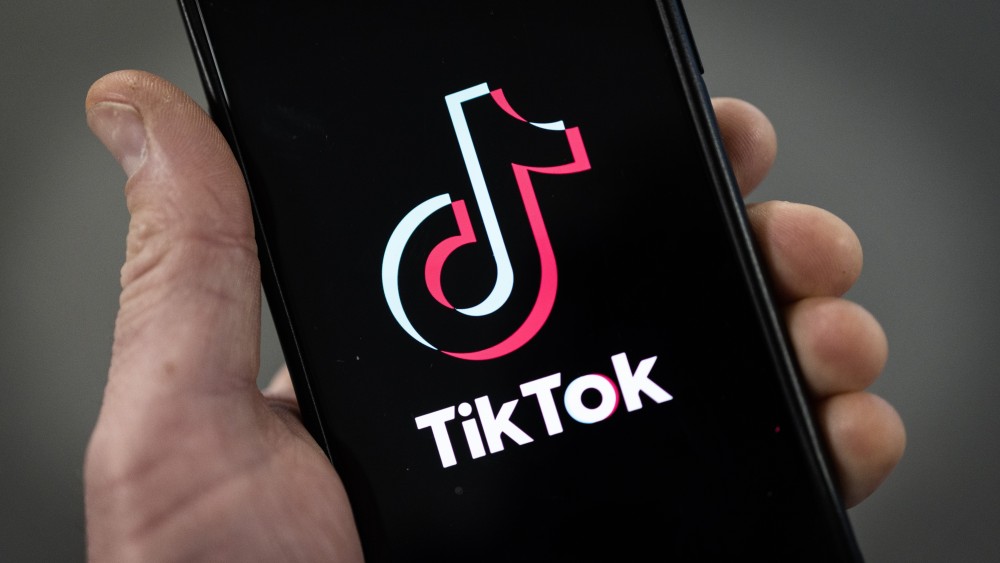
The odds of the U.S. banning TikTok are higher after the app’s CEO testified before a House committee, according to analysts. During the hearing, American politicians — both Republicans and Democrats — expressed frustration over what they saw as evasive and unconvincing answers about China’s influence over TikTok and the communist regime’s ability to track user data via the app, as well as TikTok’s efforts to curb misinformation and harmful content, particularly for children who use the app.
In his D.C. appearance Thursday before the House Energy and Commerce Committee, TikTok CEO Shou Zi Chew said the popular app, used by more than 150 million American users monthly, is committed to ensuring user privacy and security as well as safety protocols for teenagers. He insisted, as TikTok has claimed before, that the company has never furnished U.S. user data to the Chinese Communist Party (nor has the CCP ever made such a request). Chew talked up TikTok’s “Project Texas,” intended to bring user data fully under the aegis of U.S.-based personnel and hosted on Oracle infrastructure by the end of 2023. But as Rep. Dan Crenshaw (R-Texas) pointed out during the hearing, the CCP has the legal authority to compel ByteDance to turn over TikTok data.
Chew’s testimony was “a disaster moment that will likely catalyze more calls by lawmakers and the White House to look to ban TikTok within the U.S.,” in the event that Beijing-based ByteDance does not sell its stake in the app, Wedbush analyst Dan Ives wrote in a research note Thursday. Chew “ultimately walks away with many questions unanswered” about TikTok’s relationship with the Chinese government, Ives added, with the future of TikTok “now in the hands of CFIUS with the next poker move.” The Committee on Foreign Investment in the U.S. (CFIUS) is an interagency group overseeing national security risks that has the authority to block foreign ownership of U.S. entities.
“We see a 3-6 month period ahead for ByteDance and TikTok to work out a sale to a U.S. tech player, with a spin-off less likely and extremely complex to pull off,” Ives wrote. “If ByteDance fights against this forced sale, TikTok will likely be banned in the U.S. by late 2023.”
A ByteDance sale of TikTok or a U.S. ban on the app is looking “increasingly likely in the next 12-18 months” after Chew’s congressional appearance, Angelo Zino, senior equity analyst CFRA Research, wrote in a note. “We don’t think anything said by Mr. Chew alleviated concerns about sensitive TikTok data eventually reaching the Chinese government,” according to Zino. Although a ban has bipartisan support, “we still place only about a 35%-40% chance it happens, with ’24 being an election year and politicians needing to tread carefully to ban a platform that is extremely popular… with voters (aged 18-45).”
A U.S. ban on TikTok would benefit YouTube, Instagram and Snap, “likely resulting in higher revenue share of the total advertising wallet,” said Emile El Nems, VP, senior credit officer for Moody’s Investors Service. “Given the revenue scale of YouTube and Instagram, [a potential] TikTok ban creates a smaller revenue opportunity [for those platforms], but it could be materially positive for Snap.”
“The proposed TikTok ban would be a crushing blow to those workers who rely upon the platform for income — and crucially, social connectivity,” said Brooke Erin Duffy, associate professor of communication at Cornell University and a social media expert. While creators cultivate a presence across multiple platforms, Duffy said, “U.S.-based rivals in the platform space such as Instagram and YouTube don’t furnish the same potential for virality [as TikTok] — fleeting as it may be.”
The Biden administration has demanded that ByteDance divest its ownership stake in TikTok or potentially be banned in the U.S. over national-security concerns given TikTok’s Chinese ownership. China’s commerce ministry on Thursday said the government would “firmly oppose” any forced sale of TikTok and that would “seriously undermine the confidence of investors from various countries, including China, to invest in the United States.”
It’s probable TikTok will be banned in the United States “unless it is moved into full U.S. control,” according to Karsten Weide, principal and chief analyst at W Media Research. “We know Chinese internet companies cooperate with the Chinese government, so the risk of sensitive data being transferred to China is real, as is that of TikTok being used for disinformation,” Weide said.
If China approves a sale of TikTok to a U.S. firm, potential buyers include the same firms that were involved in similar negotiations during Donald Trump’s failed attempt in 2020 to force ByteDance to give up control of the app: Microsoft, Oracle and Walmart, according to Morningstar senior equity analyst Ali Mogharabi. “We think Elon Musk and his Twitter platform may show some interest, although access to capital for Musk could be very challenging,” Mogharabi added.
Both YouTube and Meta have made significant investments developing and promoting TikTok-style features for creating, sharing and watching short video clips. For Meta, that’s Reels, available on Instagram and Facebook. YouTube Shorts generates more than 50 billion daily views, Google said last month.
“For Meta and [CEO Mark] Zuckerberg as well as Snapchat and Google, today’s hearing was like eating popcorn watching a good movie as the social-media disruption from TikTok will clearly benefit Meta and Snapchat front and center in the eyes of the Street,” Ives wrote.
Regarding Thursday’s hearing, Peter Hamby, host of Snapchat’s “Good Luck America,” tweeted about the rival platform, “One of the biggest miscalculations TikTok made here was coming into this hearing bragging about how deeply enmeshed TikTok is in American society. Misreading the room by a mile.”













